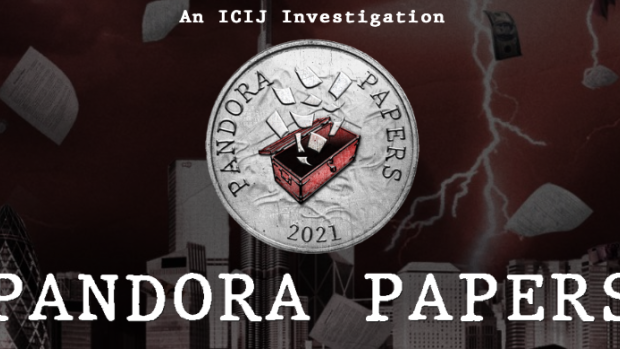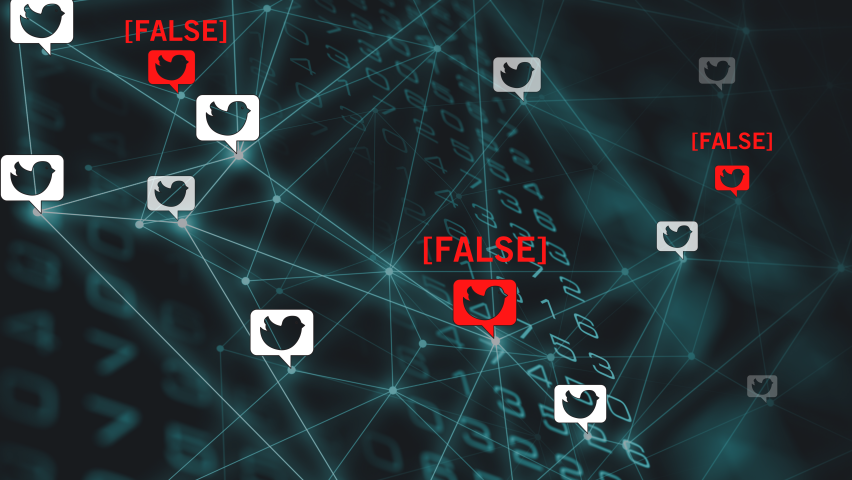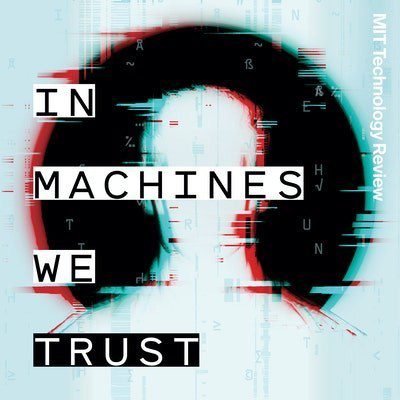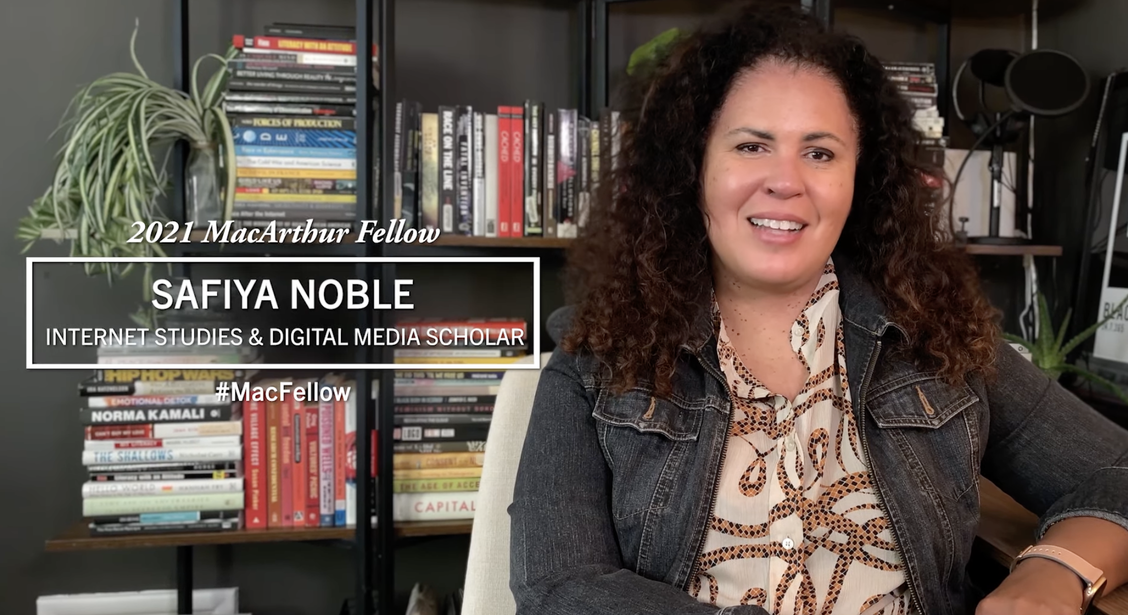AI & Local News newsletter, issue 2

Hello, We have a lot of exciting news and announcements to share in our second monthly issue including the launch of applications for the AI & Local News Challenge. There’s a lot happening in the world of AI for news, so dig in!
A quick note, help us build this community! The opportunities and challenges presented to news organizations by AI are increasing each day. The more knowledgeable and enthusiastic people that we have in our community, the more we can benefit from those opportunities and meet those challenges. I invite you to please share this newsletter with anyone that you think would be interested or let me know if you have suggestions on how to grow.
I’m glad to welcome our new newsletter writer and producer Angelo Paura to the team. Send us updates or stories that you think we should share in future newsletters.
Matt MacVey
Community & Project Lead, AI & Local News
NYC Media Lab
Matt@NYCMediaLab.org
PS If this email was forwarded to you, you can easily sign up here. Take a look at our newsletter archive to learn more.
Partner News
Associated Press
The Associated Press will be offering free training courses on AI in early 2022, helping local outlets adopt AI to increase the quality and efficiency of their reporting. AP is asking newsrooms to complete a survey — also known as an AI readiness scorecard — to help determine what news operations need. This RTDNA article covers how AI can be used for broadcast. This Poynter piece explains the scorecard for those who have questions.
AP is holding a webinar next Wednesday, November 10th, on the significance of AI to local newsrooms. Register here.
Brown Institute’s Local News Lab
Local News Lab is delighted to announce a new collaboration with The Texas Tribune and The Philadelphia Inquirer to scale their successful, data-informed recommendation system!
The Lab is thrilled to have two new members of the team. Sylvan Zheng, Infrastructure Engineer, will architect and implement a streamlined model deployment process and help scale back-end resources to fit the needs of new partners. Vivian Ho, Product Designer, is developing the design process for new cohort-based projects and guiding product strategy.
The Lab is so grateful to have the wise counsel of two industry experts, Michael Young and Sasha Koren. Michael is our new technical advisor, and Sasha is our new product advisor. Both will be helping us with this new phase of our work.
NYC Media Lab
AI and Local News Challenge applications are now open!
We’re looking for University, News Organization and Startup teams that want to apply artificial intelligence tools to the many opportunities for innovation and challenges in this crucial moment for journalism.
Info Sessions Fri Nov 12 3pm ET (12pm PT) & Mon Nov 22 1pm ET (10am PT) RSVP
-
$7,500 per team
-
Teams receive mentorship from experienced media industry innovators
-
Program runs first half of 2022
-
Open to US based teams
-
100% remote program
-
Apply by Dec 1
On Nov 18 at 1pm ET, NYC Media Lab is hosting AI Tools for Media and News. Panelists: Jay Allred, President of Richland Source & Co-Founder of Lede AI Cynthia DuBose, Managing Editor of Audience Engagement at McClatchy Gordon Edall, Vice President of Sophi.io
Partnership on AI
Partnership on AI (PAI) has collaborated with the Shorenstein Center of the Harvard Kennedy School on this Misinfo Review paper, a survey of 1,000+ Americans about misinformation on social media.
PAI has also co-designed a panel on fairness, transparency, and ethics in the use of AI in news organizations with JournalismAI for the 2021 JournalismAI Festival. The panel will be at 11:15 am ET on December 2nd.
News
How AI helped journalists open Pandora’s box

Investigative reporters used AI tools in their work on the The Pandora Papers, the massive leak of more than 11.9 million documents from 14 offshore services firms published by The International Consortium of Investigative Journalists (ICIJ) starting October 3rd, 2021. The Pandora Papers revealed the real owners of 29,000 offshore companies, including country leaders, cabinet ministers, ambassadors, celebrities, business leaders, and billionaires.
The investigation’s reporters took two years to dig into court records and sources, but it would have required even more time and resources without the machine learning tools that the ICIJ used to extract, organize, visualize, search, and securely share this massive trove of data. These tools were essential in going through the 2.9 terabytes of data, including 4 million PDFs and 4.1 million images.
Here are some tools the ICIJ used to work on the dataset:
-
Python was used to extract data and to put it into a spreadsheet;
-
Fonduer and Scikit-learn for extracting data in the most complex cases;
-
Neo4J and Linkurious for graph technology.
Check out these stories about how machine learning helped journalists in investigating the Pandora Papers:
-
Connecting the Dots: How Graph Technology Made the Pandora Papers Possible
-
Pandora Papers & Data Journalism: how investigative journalists use tech
-
To better understand the whole picture, read this Wired piece about the Pandora Papers
AI researcher wins MacArthur award
Safiya Noble, co-founder of the UCLA Center for Critical Internet Inquiry and author of Algorithms of Oppression, has received the prestigious MacArthur Fellowship from the John D. and Catherine T. MacArthur Foundation. Noble’s scholarship focuses on digital media and its impact on society, as well as how digital technology and artificial intelligence converge with questions of race, gender, culture and power. Hear Noble on Marketplace discussing how tech firms could be held accountable for the consequences of algorithmic bias.
I am a public service journalist: what can AI do for me?
Ten European public service broadcasters launched a collaborative news service called ‘A European Perspective’ to republish international stories in the language of their national audience. With the help of machine learning, the consortium set up an automated translation tool that can republished articles in a different languages in less than one hour.
Will DeepMind weather forecasts ruin a national obsession?
This week the UK's national weather service and DeepMind, Google Alphabet’s artificial intelligence arm, unveiled a new method of predicting short-term rainfall, between 5 and 90 minutes in advance. Would you still talk about the weather if you knew it was going to rain?
Events
Stanford Institute for Human-Centered Artificial Intelligence’s Fall Conference
Date: Nov 9-10 Register Here.
Debating four radical policy proposals on emerging technologies that could respond to the challenges and opportunities of an AI-powered future. Speakers include former presidential candidate Andrew Yang; Divya Siddarth, Microsoft Associate Political Economist and Social Technologist; Francis Fukuyama, Senior Fellow at the Freeman Spogli Institute for International Studies, and Deborah Raji, Fellow at Mozilla Foundation.
How Artificial Intelligence Can Supercharge Newsrooms
Date: November 10 Register Here.
The Associated Press is holding a webinar on the significance of AI to local newsrooms.
AI Tools for Media and News
Date: November 18 Register Here.
Connect with media experts who are working to implement AI tools in newsrooms including data viz, story automation, paywalls, and more. With Jay Allred, President of Richland Source & Co-Founder of Lede AI Cynthia DuBose, Managing Editor of Audience Engagement at McClatchy and Gordon Edall, Vice President of Sophi.io.
Journalism AI Festival
Date: November 29-December 3
The worlds of artificial intelligence and journalism meet again in 2021. PAI’s panel on fairness, transparency, and ethics in the use of AI in news organizations will be at 11:15 am ET on December 2nd.
Research Briefs

AI Researchers Take Aim at COVID-19 Infodemic
Researchers at the Stevens Institute of Technology are developing an AI tool capable of detecting “fake news” relating to COVID-19, flagging misleading news reports and posts on social media.
Kicking Off NIST AI Risk Management Framework
The National Institute of Standards and Technology is developing a Framework to manage the risks to individuals, organizations, and society associated with AI. News organizations might want to follow the definition of trustworthy AI and subsequent recommendations.
New survey of small newspaper employees shows challenges
Small newspaper employees — circulation under 50,000 — are pessimistic about their papers’ futures, a report from Columbia’s Tow Center for Digital Journalism shows.
Podcast

MIT Tech Review “In Machines We Trust”
The MIT Technology Review is diving into the oral history of machine learning through the lens of the people that invented and developed this technology. The second season of In Machines We Trust addresses facial recognition technology, pricing algorithms, and other topics.
Video
AI & Local News Panel
On October 6, NYC Media Lab Executive Director Steven Rosenbaum moderated a conversation with Aimee Rinehart, Program Manager for AI & Local News at AP, Audrey Cooper, Editor-in-Chief at WNYC, Mark Hansen, Journalism Professor at Columbia University, and Claire Leibowicz, Head of AI & Media Integrity at Partnership on AI.
Food for Thought
Photographer Jonas Bendiksen on his inquiry into Veles, Northern Macedonia, a global misinformation hub. Bendiksen used AI-generated photos and text in the book, highlighting what happens when journalism, manipulations, deep fakes, fake news and photography merge.
How AI could solve supply chain shortages and save Christmas. Mired in supply-chain disruptions, business are turning to AI-powered “digital twin” simulations to help predict disruptions and suggest how to rectify them.
Quote
“The AI community has not yet adjusted to the fact that we are now starting to have a really big impact in the real world”
Professor Stuart Russell, the founder of the Center for Human-Compatible Artificial Intelligence at the University of California, Berkeley, told the Guardian.
Social Knowledge
The AI and Local News partners are Associated Press, The Brown Institute’s Local News Lab, NYC Media Lab and Partnership on AI.
The initiative is funded by Knight Foundation.




